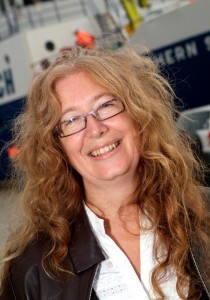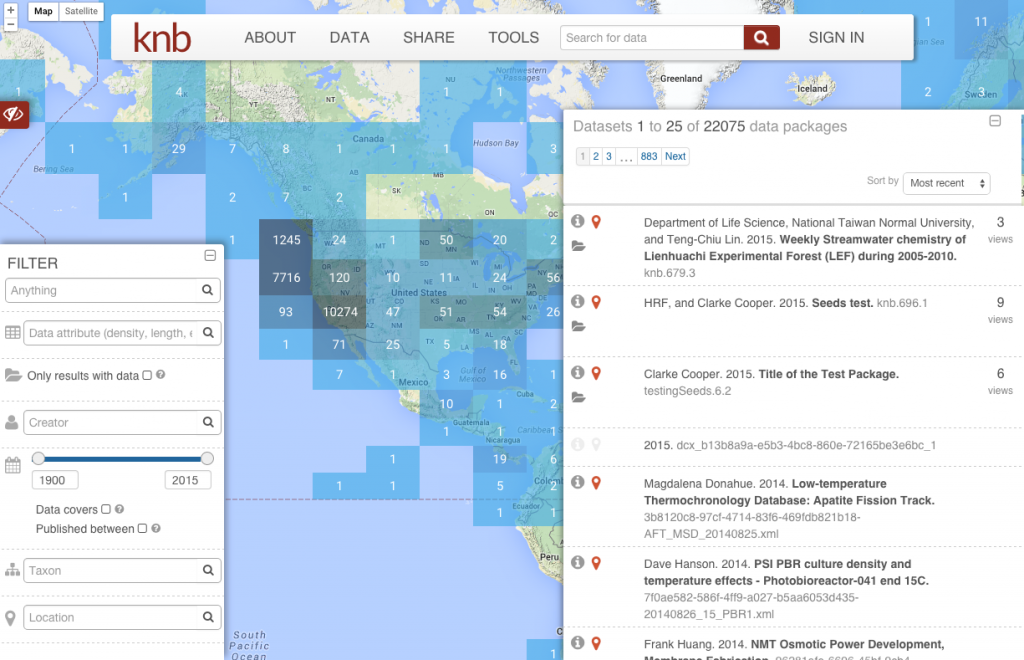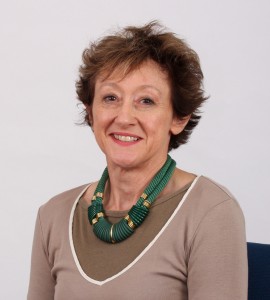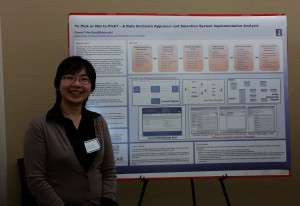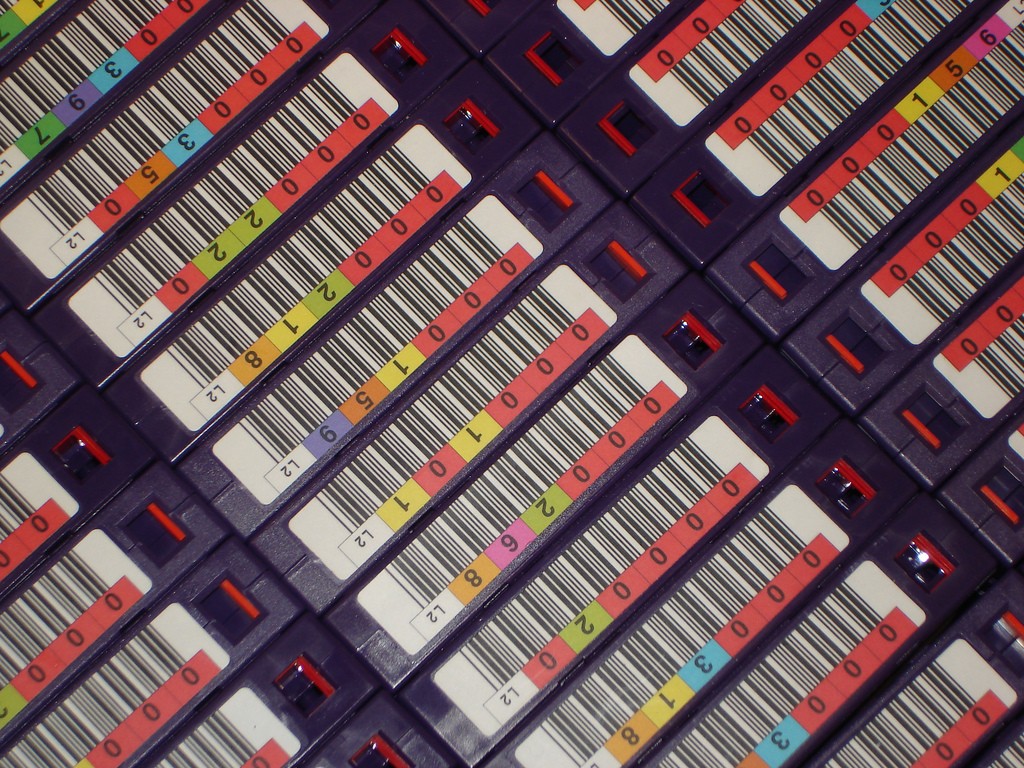Next month, the global science community will come together ahead of the COP21 of the UNFCCC in December to discuss the key issues concerning climate change. Discussion will include a focus on the ocean. The ocean is critical to life on Earth through its regulation of atmospheric gases, stabilisation of planetary heat, and provision of food and resources to well over 4 billion people worldwide. I will start with a peek at the processes for the Fifth Assessment Report (AR5) of the IPCC, including the roles of the authors, editors and expert reviewers, coordination across chapters and working groups and assessment of the literature. AR5 included a number of oceans chapters for the first time, which identified serious risks to marine ecosystems, fisheries, and coastal livelihoods. Focusing on these, I’ll discuss the key findings, updating with recent knowledge, with particular reference to the 2°C global warming target.
Elvira Poloczanska
CSIRO Oceans and Atmosphere Flagship, Brisbane, Australia
Global Change Institute, University of Queensland, Brisbane, Australia

